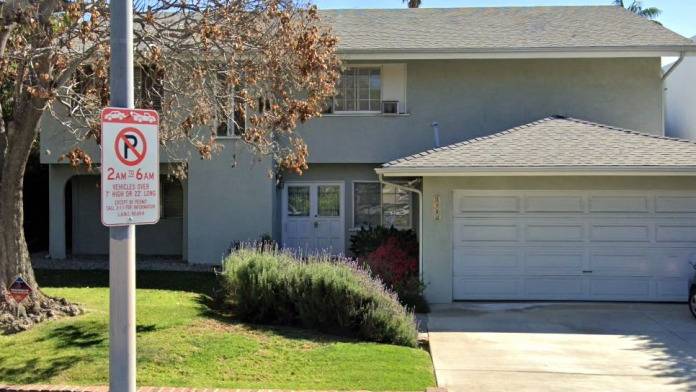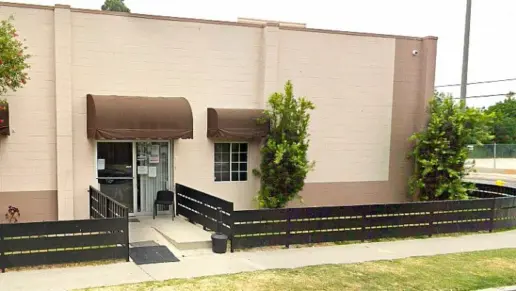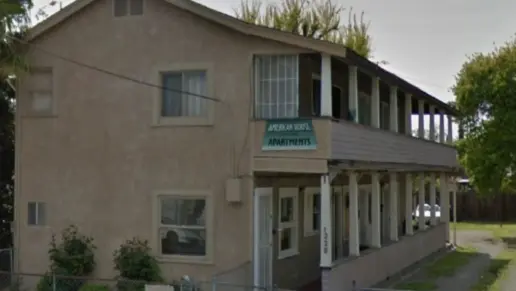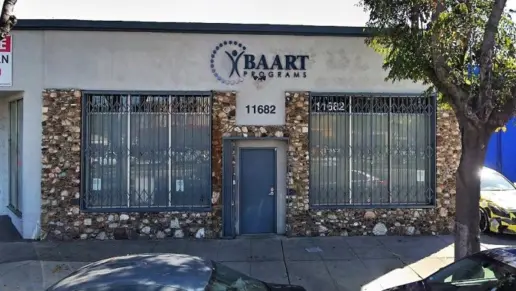About Nerine Shatner Friendly House
Since recovery can be a tough challenge and some prefer gender specific treatment, Nerine Shatner Friendly House offers women-only substance abuse rehabilitation in Los Angeles, California. This nonprofit has been providing substance abuse treatment since 1951 through sober living, a partial hospitalization program, an intensive outpatient program, residential treatment and detox services.
Those who have attended this rehab center are mostly in agreement that it lives up to its mission, which is inspiring and empowering women to overcome substance use disorders and various co-occurring mental health conditions. Every program is believed to provide clinical insights into sobriety and recovery while offering cultural wisdom and community support.
The programs at this facility are also incredibly inclusive. When you enroll, you’ll be in a safe space where you can find your dignity and get the tools you need to support sustainable recovery.
If you are in the beginning stages of your journey, you can start with the detox program. It has been designed by the center to provide a comprehensive and supportive approach to detox tailored to specific individual needs. You can expect expert medical supervision, 24/7 monitoring, FDA approved medication and a customized treatment plan.
In contrast, if you are in the maintenance part of your recovery journey, the sober living program might be best. This program will help you reintegrate into society after you’ve been through a partial hospitalization or residential treatment program. The program offers structure, accountability, control, camaraderie and practice living a sober life.
The center also offers auxiliary services you might enjoy during your rehab time. For example, a family and fitness program and a morning meditation group can help you get in the right headspace to focus on treatment. There are also discharge planning services, educational group settings and recreational groups.
Gallery

Location
Accepted Insurance
Other Forms of Payment
Self-pay involves paying for treatment out of your own pocket. You can use savings or credit, get a personal loan, or receive help from family and friends to fund your treatment. If you don't have insurance or your insurance plan doesn't cover a specific program, self-pay can help ensure you still get the care you need.
Private insurance refers to any kind of healthcare coverage that isn't from the state or federal government. This includes individual and family plans offered by an employer or purchased from the Insurance Marketplace. Every plan will have different requirements and out of pocket costs so be sure to get the full details before you start treatment.
Addiction Treatments
Levels of Care
Treatments
The goal of treatment for alcoholism is abstinence. Those with poor social support, poor motivation, or psychiatric disorders tend to relapse within a few years of treatment. For these people, success is measured by longer periods of abstinence, reduced use of alcohol, better health, and improved social functioning. Recovery and Maintenance are usually based on 12 step programs and AA meetings.
Drug rehab in California teaches participants constructive ways to stay clean and sober. Treatment revolves around helping individuals stop using the substance they are addicted to and learn healthy habits to avoid relapse.
Opioid rehabs specialize in supporting those recovering from opioid addiction. They treat those suffering from addiction to illegal opioids like heroin, as well as prescription drugs like oxycodone. These centers typically combine both physical as well as mental and emotional support to help stop addiction. Physical support often includes medical detox and subsequent medical support (including medication), and mental support includes in-depth therapy to address the underlying causes of addiction.
Substance rehabs focus on helping individuals recover from substance abuse, including alcohol and drug addiction (both illegal and prescription drugs). They often include the opportunity to engage in both individual as well as group therapy.
Programs


Clinical Services
Research clearly demonstrates that recovery is far more successful and sustainable when loved ones like family members participate in rehab and substance abuse treatment. Genetic factors may be at play when it comes to drug and alcohol addiction, as well as mental health issues. Family dynamics often play a critical role in addiction triggers, and if properly educated, family members can be a strong source of support when it comes to rehabilitation.
Group therapy is any therapeutic work that happens in a group (not one-on-one). There are a number of different group therapy modalities, including support groups, experiential therapy, psycho-education, and more. Group therapy involves treatment as well as processing interaction between group members.
In individual therapy, a patient meets one-on-one with a trained psychologist or counselor. Therapy is a pivotal part of effective substance abuse treatment, as it often covers root causes of addiction, including challenges faced by the patient in their social, family, and work/school life.
Life skills trainings involve all the skills a person must have in order to function successfully in the world. These include time management, career guidance, money management, and effective communication. Truly successful addiction recovery is based on the ability to not only live substance-free, but to thrive. Life skills teaches the practical necessities of functioning in society, which sets clients up for success in life, and therefore sobriety.
Amenities
-
Residential Setting
-
Private Setting
-
Wifi
-
Hiking
Contact Information
3112 Castle Heights Avenue
Los Angeles, CA 90034








